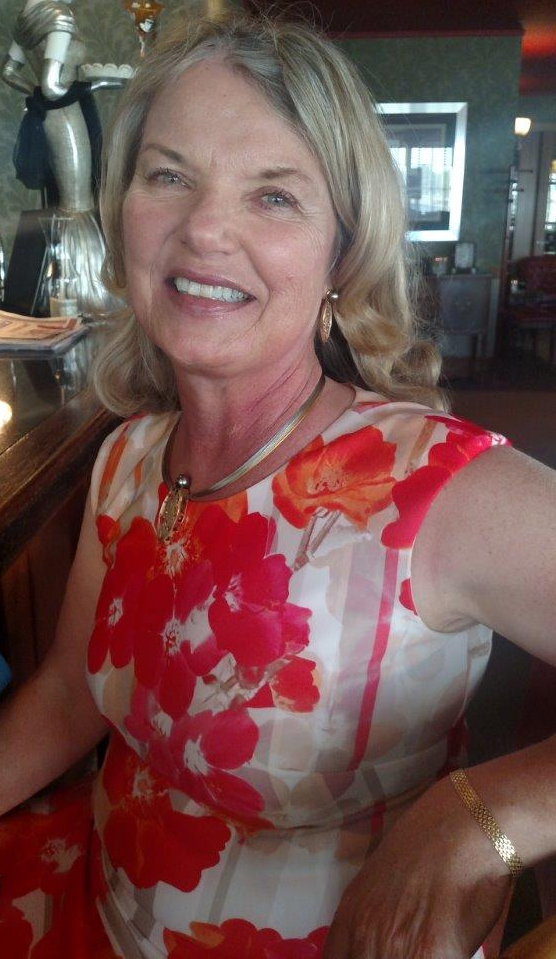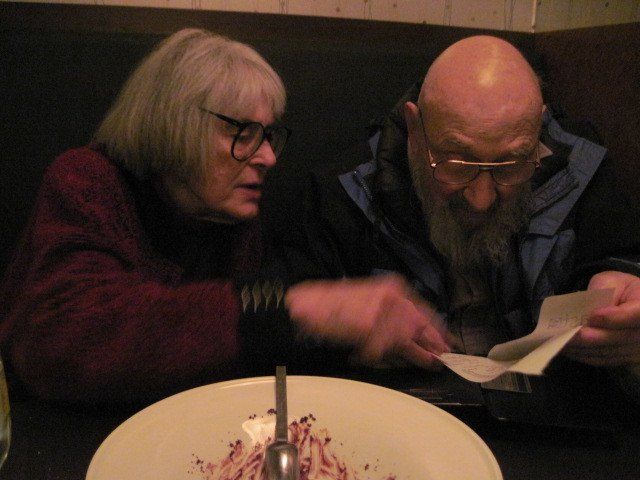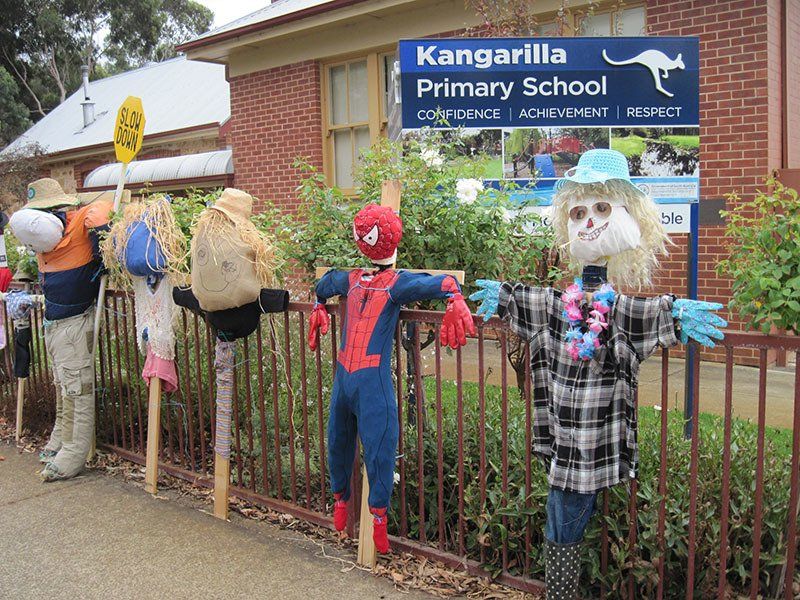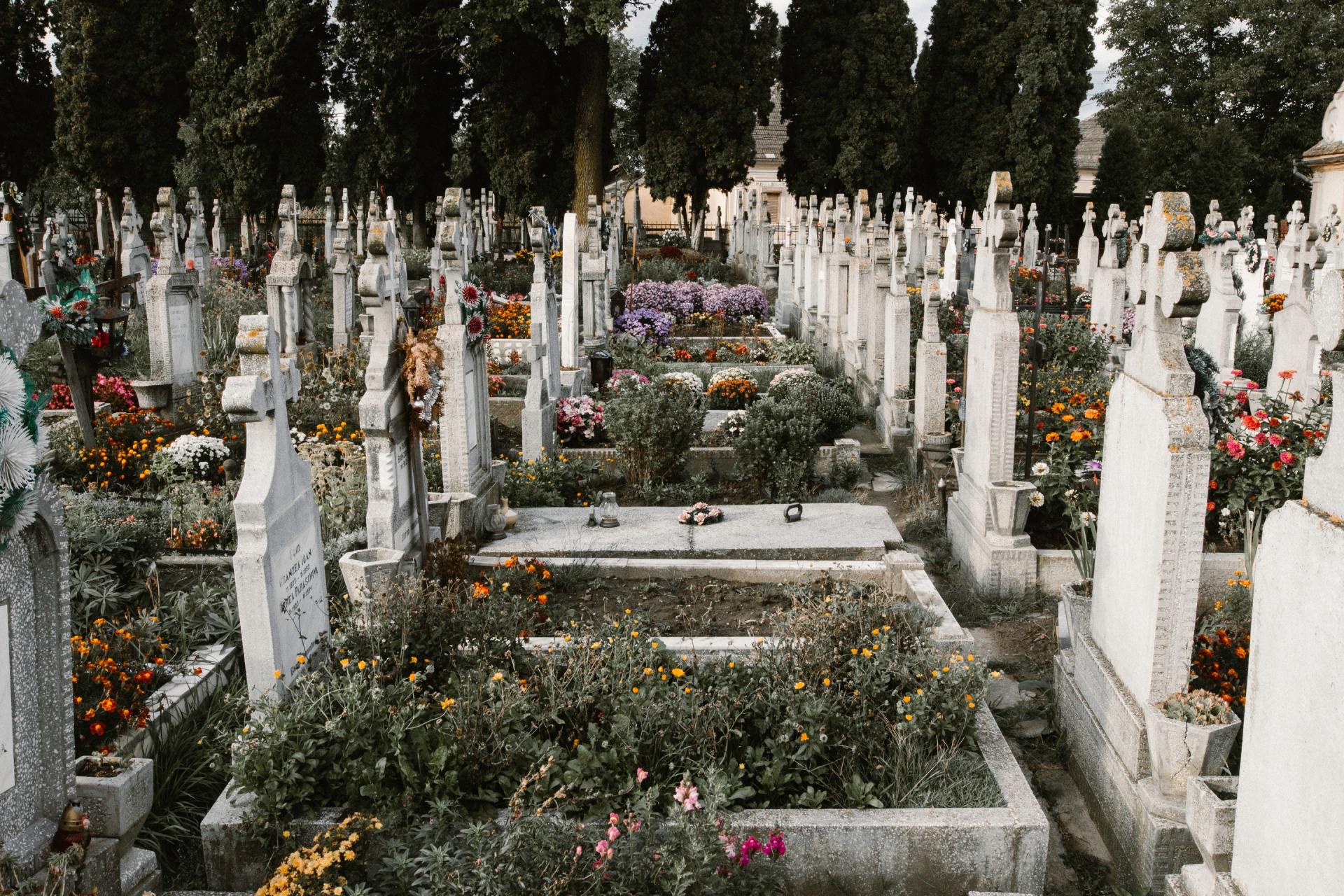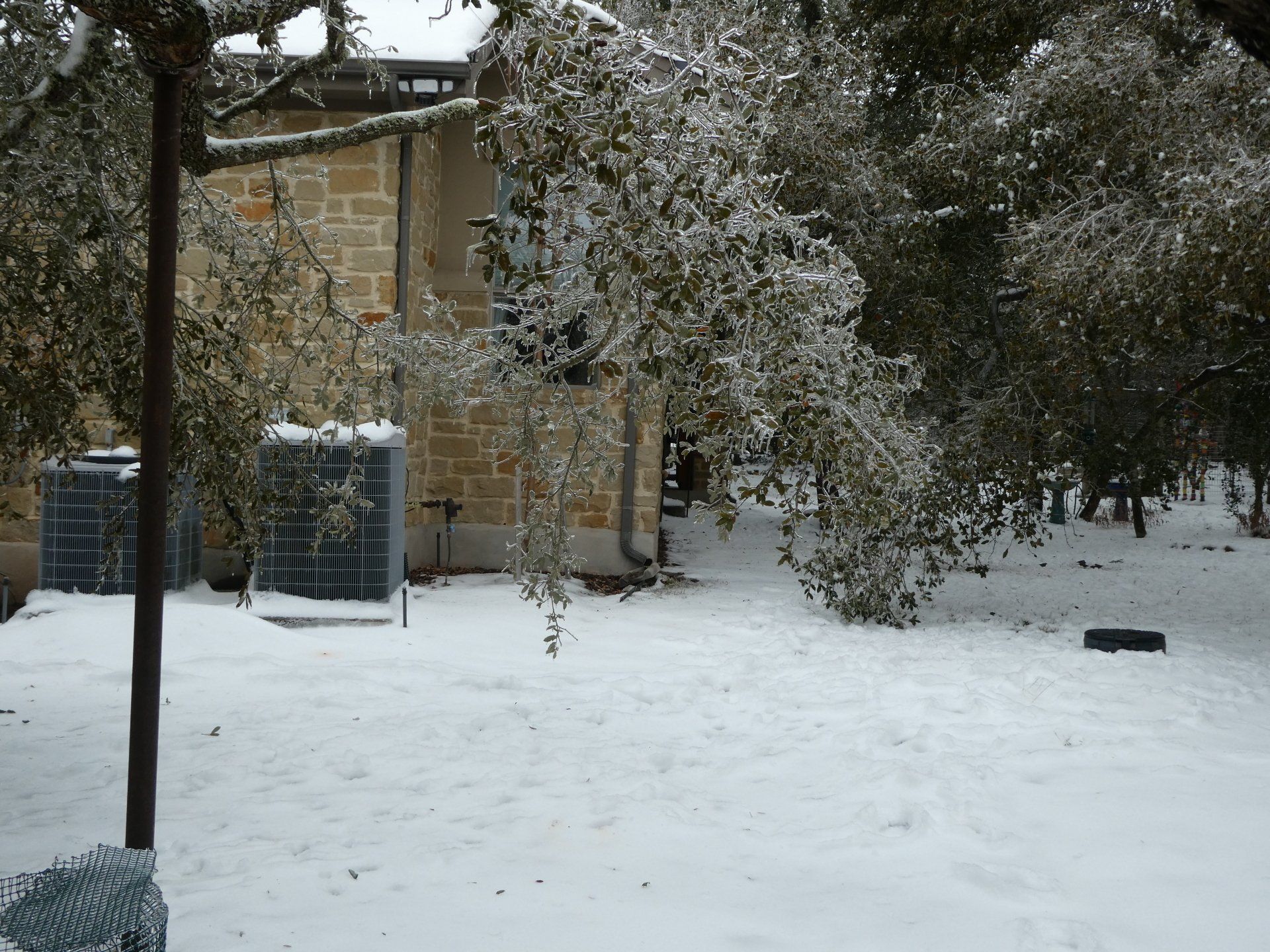After three parents whom she had responsibilities for died in 2017, Debbie used writing as a catharsis. Her research led her to realize that as a society we do not talk about death – and certainly not in the context of being part of life. None of her parents were willing to discuss their plans, passions, or wishes and yet it seemed to her that they expected her to look inside to their inner soul and figure out the best thing to do for them.
Having recovered from HPV tonsil cancer Debbie immediately took the role of long distance administrator of her parents’ care giving for six years. She also managed all finances, paperwork, and the hiring and firing of staff. Debbie believes that they enjoyed the best possible end of life from care to activities. However, she says, “If we could awaken society to discuss aging as an everyday occurrence, then the grand finale of life would be well thought out. We don’t come with expiration dates.”
Death was nothing new to Debbie having had her Dad (age 42) and his Dad (age 62) killed in the same work-related accident. At the time Debbie was a high school special education teacher and was told by human resources that two simultaneous deaths did not allow her to use the “extraordinary circumstances” clause of the leave section of her contract to take more than three days off with pay. That prompted her to quickly complete her education administration degrees.
Debbie went on to become a public school administrator in all roles ranging up to the District Superintendent in various states and districts. Realizing that she could not change a large and broken system, she left and started her “dream school” within a fortune 500 company demonstrating how schools could operate radically differently.
After the sponsoring company was sold in an unfriendly takeover, Debbie consulted with agencies, schools and charter school governing boards of changing education practices. She became a public speaker across the country about education reform.
While a middle school student, an inspirational English teacher stated “every day you are living you are dying.” Debbie ran home fresh with enthusiasm for this philosophical tidbit. Her parents forbid her to ever talk about that again and went to the school to complain about the teacher. As Debbie worked with caregiver after caregiver and doctor after doctor she realized that her teacher’s words still stuck in her head. And her parents had never talked about death.
Today Debbie works to help death become an expected and acceptable topic of discussion. She urges everyone to make “the conversation” a part of life.Writing a plan and sharing it with a few key people in your life creates a peace of mind knowing that others are not left with "your" unfinished business.
Today Debbie works to help death become an expected and acceptable topic of discussion. She urges everyone to make “the conversation” a part of life.Writing a plan and sharing it with a few key people in your life creates a peace of mind knowing that others are not left with "your" unfinished business.

